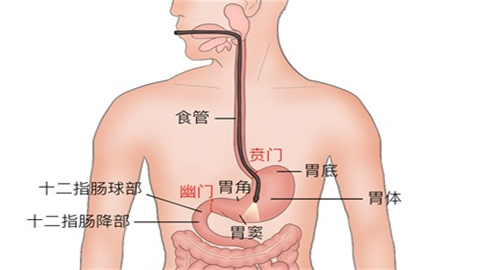What is gastric bleeding?
Generally, gastric bleeding, medically termed as upper gastrointestinal bleeding, is one of the common emergencies in gastroenterology, referring to bleeding occurring from the esophagus to the duodenum. A detailed explanation is as follows:

Gastric bleeding is a hemorrhagic disease caused by rupture of the gastric mucosa or blood vessels within the stomach. Symptoms mainly include hematemesis (vomiting of blood) and melena (black tarry stools), and severe cases may be accompanied by dizziness, palpitations, and other symptoms. There are several causes of gastric bleeding. Common ones include gastric ulcers and duodenal ulcers. When ulcerative lesions penetrate into blood vessels, they can cause vessel rupture and bleeding. Acute erosive hemorrhagic gastritis can also lead to gastric bleeding, often caused by excessive alcohol consumption or taking non-steroidal anti-inflammatory drugs (NSAIDs), which irritate the gastric mucosa and result in mucosal erosion and bleeding. Rupture of esophageal and gastric varices is another significant cause, often due to portal hypertension caused by liver cirrhosis, leading to dilation and rupture of the veins in the esophagus and stomach. In addition, mucosal damage on the surface of gastric polyps or gastric cancer invading blood vessels can also cause bleeding.
In daily life, it is important to maintain regular eating habits, avoid overeating, reduce intake of spicy and excessively hot foods, avoid heavy alcohol consumption, and refrain from misusing medications that damage the gastric mucosa. If symptoms such as hematemesis or melena occur, immediate medical attention should be sought to prevent delayed treatment. During treatment, follow medical advice regarding dietary adjustments, attend regular follow-up appointments, and monitor gastric recovery.







